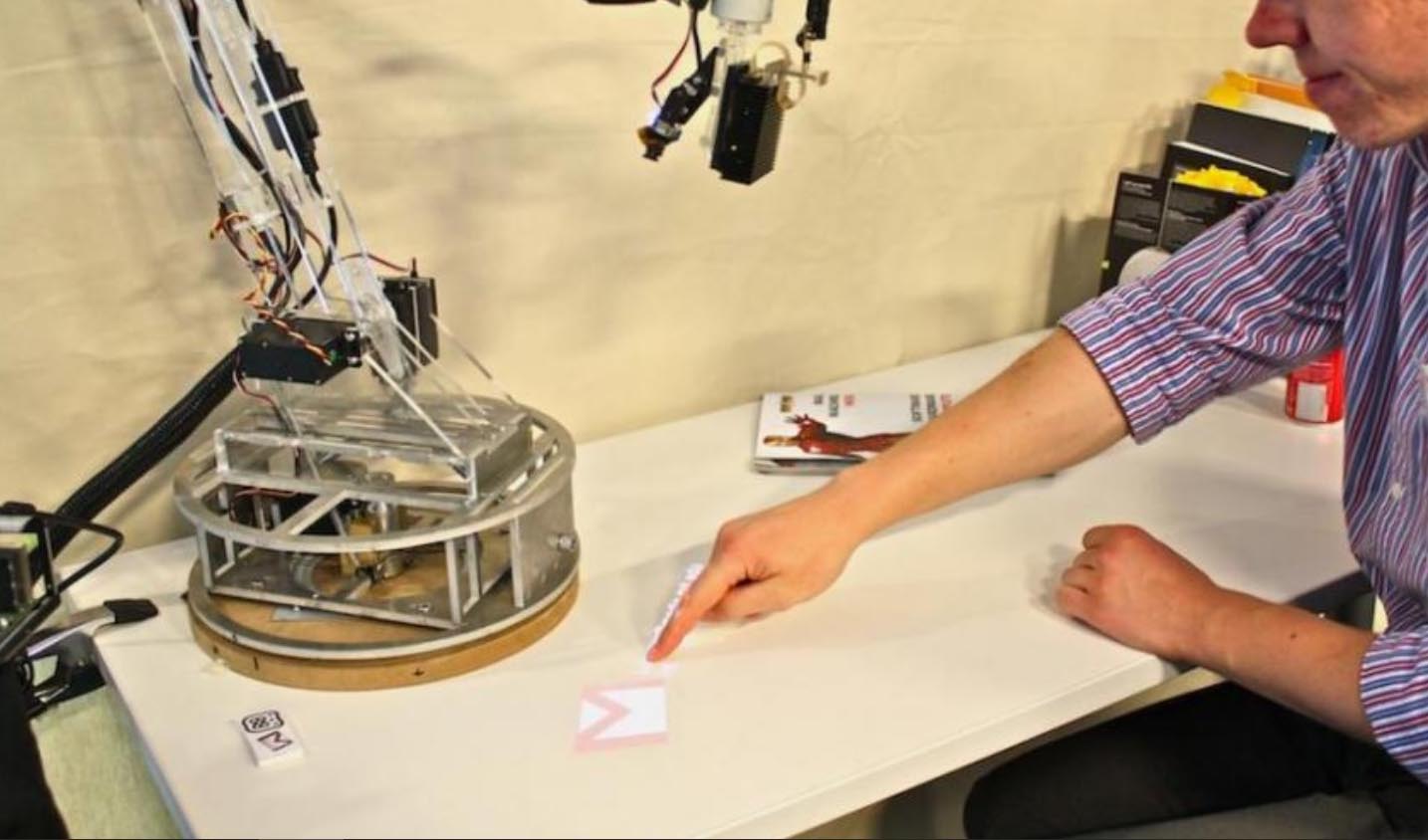
Vocal explorations in Human Computer Interface
Dec. 20 , 2017. Paris, UPMC. More info.
Atalk by Rebecca Kleinberger, from the "Opera Of The Future group.
As the group name can tell, her work is related to music but it's also
impressively diverse outside of it, you'll find a few examples at
rebecca.media.mit.edu.
In the framework of the SAHMI project (Situated Analysis of Human-Machine
Interaction in Smart Environments), we're experimenting different
technologies, including a combination inspired by a project where Rebecca
was involved, Luminar.
It's obviously free, but please,
register here.
Vocal explorations in HCI
" In my work at the Opera of the Future group I build tools and
experiences to explore the relationship people have with their own voice
and the voices of others.
Our voice is an important part of our
individuality. From the voice of others, we are able to understand a wealth
of non-linguistic information, such as identity, social-cultural clues and
emotional state.
But the relationship we have with our own voice is less
obvious. We don’t hear it the same way others do, and our brain treats
it
differently from any other sound we hear. Yet its sonority is highly linked
to our body and mind, and is deeply connected with how we are perceived by
society and how we see ourselves.
At the MIT Media Lab we design and create
transformative experiences that merge science, art, engineering and design.
I explore the use of new technologies (virtual reality, rapid prototyping,
deep learning, real-time digital signal processing, lasers, wearable
technologies and robotics) and HCI techniques to transform our perception
of voices to better our interpersonal interactions.
My previous projects
range from devices that exteriorize voices, wearables sensor masks to
provide interactive visualization of vocal vibration patterns for vocal
training or speech disorder treatment, stuttering or prosody acquisition;
bluetooth wearable haptic anchor for auditory hallucinations to help
schizophrenic patients to feel external voices and easily distinguish
internal hallucinatory voices; deep learning-based real-time speaker
recognition system designed to be used in real-world settings and raise
group intelligence or interactive web vocal application for mass musical
collaboration."
Bio
Rebecca Kleinberger is the mother of hedgehogs and a PhD candidate
doing research at the MIT Media Lab.
Her work mixes science, engineering,
design and art to explore ways to craft experiences for self-reflection and
human connection.
As part of the Opera of the Future group at the MIT Media
Lab, she creates unique experiences to help people connect with themselves
and with others.
She accomplishes this using approaches that include
virtual reality, rapid prototyping, deep learning, real-time digital signal
processing, lasers, wearable technologies and robotics.

